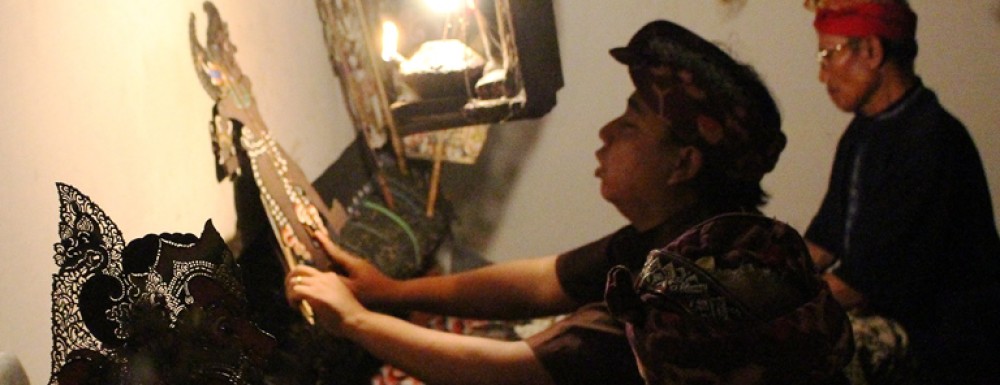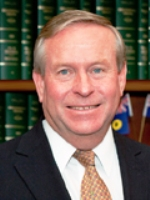Premier Colin Barnett is raising the profile of science in WA by appointing himself Minister for Science.
In his new role he says he wishes to foster a culture of science, and to attract more funding for scientific research in his state.
He has announced a new science policy unit to be created within his Department of Premier and Cabinet.
You can read my article in Science Network WA or click below.
IN HIS new role as Minister for Science, Premier Colin Barnett took time to brief ScienceNetwork on his vision for science in WA.
“The prime purpose is to develop the science culture,” he says.
“Most of the industry … the economy of this state has a science base to it.”
While the operating relationships in government remain to be detailed, the Premier indicated he is unlikely to be taking responsibility for the Industry and Technology Development Act which would leave TIAC – the Technology Industry Advisory Council – to continue as it is currently.
“The industry side will continue on but we are looking at a Science Council as an advisory group,” Mr Barnett says.
This is one of several measures he is considering within the new portfolio.
Earlier this month he announced the creation of a new science policy unit, styled The Office of Science, within his own department.
“[We are] still looking at how this whole structure will work,” he says.
Mr Barnett says public servant Michelle Reynolds will head the new policy unit.
“Certainly the Chief Scientist position will continue and will work on the science policy area primarily, and as a link to the professional science community.
“While there is obviously that link from science to technology to commercial developments, I’m trying to draw a line in terms of what I do as science minister closer to the pure science and the research.
“I don’t want to confuse that by the technology and the investment – that belongs with industry or commercial parts of government.
“I’ll have an overview on what we’re doing in agriculture, what we’re doing in medicine, the Square Kilometre Array project, the Museum Project, a whole range of things.
“The science policy unit will look at grants programs and also try and develop a situation where Western Australia gets a better share of national grants.
“We are also going to work very diligently on getting greater collaboration with … universities, independent research institutes or government agencies involved in science, not only across similar institutions in Australia which already exist but particularly into Asia.
“What I intend to do as a Premier but also as Minister for State Development is when I go to Asia and when I talk about selling LNG or investment in mining projects and the like I’ll also be talking to political and business leaders and university and other leaders about science, science collaboration and the strong science that underpins our industry performance.”
He also made it clear that as Minister for Science, he would not become directly involved in initiatives to increase the number of appropriately qualified science and mathematics teachers at secondary level, or to improve the preparedness of primary teachers to keep young ones interested in these areas.
“In the state government school system we need to develop capabilities in schools and what they can teach. We have too many small high schools – many of the smaller ones, don’t offer the choice in science they should,” he says.
“To offer a wide choice you probably need 1000 students to 1200.”
He says there will be initiatives to increase school sizes.
“I do want to encourage more people to take up science because I think there are fantastic careers through that area.”
As published in Science Network WA on Wednesday 15 May 2013

